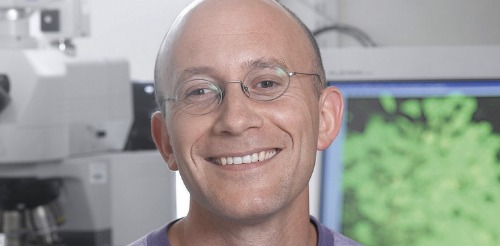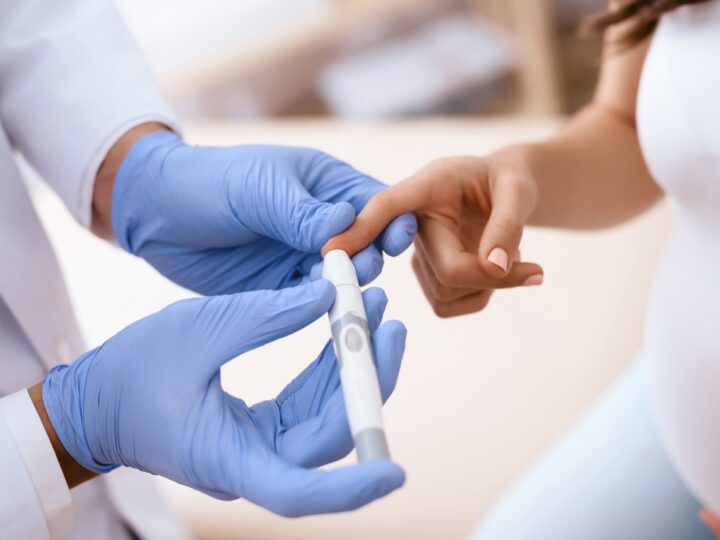
Hope is on the horizon for people with Type 1 (“juvenile”) diabetes, thanks to a breakthrough discovery by researchers at the Hebrew University of Jerusalem, who’ve identified the body’s signal prompting production of insulin-producing beta cells in the pancreas.
In Type 1 diabetes, a malfunctioning immune response kills the insulin-producing beta cells. Since the body cannot convert glucose from food into energy without insulin, Type 1 diabetics have to get it through daily injections. Otherwise, glucose accumulates in the blood and causes a variety of serious problems.
The research out of Israel, described in a recent issue of the journal Cell Metabolism, could lead to ways of restoring or increasing beta cell function.
The work on the multi-year project was led by Prof. Yuval Dor of the university’s Institute for Medical Research Israel-Canada in collaboration with researchers from Hadassah University Medical Center in Jerusalem and the diabetes section of the Roche pharmaceuticals company.
“Our work shows that as the glucose level is increased in the blood, it tells the beta cells to regenerate,” says Dor. “It’s not blood glucose per se that is the signal, but the glucose-sensing capacity of the beta cell that’s the key for regeneration.”
This was the first time that this sensing of a high level of glucose has been shown to be the “trigger” that induces beta cells to regenerate.
Dor and co-lead author Prof. Benjamin Glaser of Hadassah used a genetic system to destroy 80 percent of the insulin-producing cells in adult mice, rendering the mice diabetic.
Compared with control mice, the diabetic mice with elevated blood glucose levels regenerated a greater number of new beta cells, suggesting that glucose may be a key player in beta cell regeneration. But the researchers further found that a glucose-sensing enzyme in the cells, glucokinase, is the key molecule that triggers the beta cell regeneration.
“This means that the more work that beta cells are required to do — that is, the more ‘stressed’ they are — the more they make of themselves,” said graduate student Shay Porat. Porat and fellow graduate student Noa Weinberg spearheaded the study, which was funded with the support of the Juvenile Diabetes Research Foundation.
Because this study showed that regeneration depends on glucokinase levels, the finding may pave the way for developing a new kind of drug to modulate glucokinase or other steps in the glucose-sensing pathway to direct beta cells toward regeneration and replication.
Such a drug could be even more efficient when working in tandem with a mechanism to prevent the immune system from attacking beta cells in the first place. Along these lines, Israeli company Andromeda’s DiaPep277, now in final clinical trials, modulates the immune system with the goal of preserving insulin-producing beta cells before the disease has a chance to trigger their destruction.














